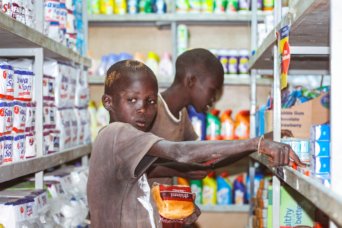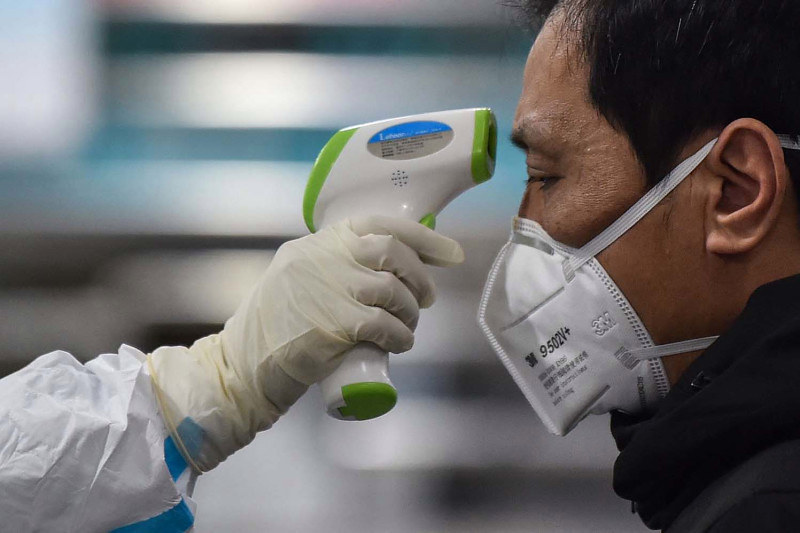- About
- Topics
- Picks
- Audio
- Story
- In-Depth
- Opinion
- News
- Donate
- Signup for our newsletterOur Editors' Best Picks.Send
Read, Debate: Engage.
| topic: | Food Security |
|---|---|
| located: | Russia, India, Egypt |
| editor: | Bob Koigi |
With the cases of COVID-19 pandemic growing to record-breaking numbers across the globe and the adverse consequences of the virus crippling economies while taking a toll on international healthcare systems, countries are responding through stricter protective measures. But such plans have created ripples across major sectors with agricultural food systems, for example facing near collapse.
Heightened border closures, panic hoarding and increased anxiety have seen disruptions across supply chains leading to unprecedented basic commodities and produce price hikes that are affecting, especially, the world’s poorest.
Numerous institutions including Food and Agriculture Organization, FAO, and World Bank have warned that countries that rely heavily on agriculture for both household and national wellbeing, like those in Africa, could choke under this volatile food situation as farm to fork activities get disrupted for months. While there is no food shortage yet, the lurking danger lies in the intricate web of interaction between farmers, transporters, service and inputs providers and retailers both within countries and beyond borders which have collapsed in ways never experienced before.
As a result, countries are taking precautionary measures to guard their reserves. Russia for example which is the largest wheat exporter globally announced it was limiting grain exports from April while Egypt, the world’s largest importer of wheat has in recent months increased the purchase of grains and regulated exports of legumes.
Crackdowns, curfews and lockdowns have also meant that millions of migrant workers in the agriculture sector cannot operate as they would normally, which has seen harvests rot and waste away in farms. India continues to record a dip in rice exports on account of the reduced workforce.
Growing demand for food and panic buying translates to higher prices that exclude a majority of the world’s poor. Even as governments step up efforts to protect the citizenry from the novel virus, they should introduce plans that insulate the population from any food crisis because the consequences of not doing so will be more devastating than the disease itself.
At the very basic, governments, private sector and international agencies should champion for food banks, introduce cash transfers to vulnerable households, ensure agricultural workers are taken care of and set up emergency food reserves.
To ensure global food systems are not disrupted, governments should collaborate to keep trade borders open with strict supervision and eliminate import tariffs and export restrictions. Such steps will require huge sacrifices, but in times when the world finds itself in unfamiliar territories, they are of absolute necessity if we are to tame an unfolding crisis that promises to be more disastrous that what we currently experience.
Image by Artsy Solomon

